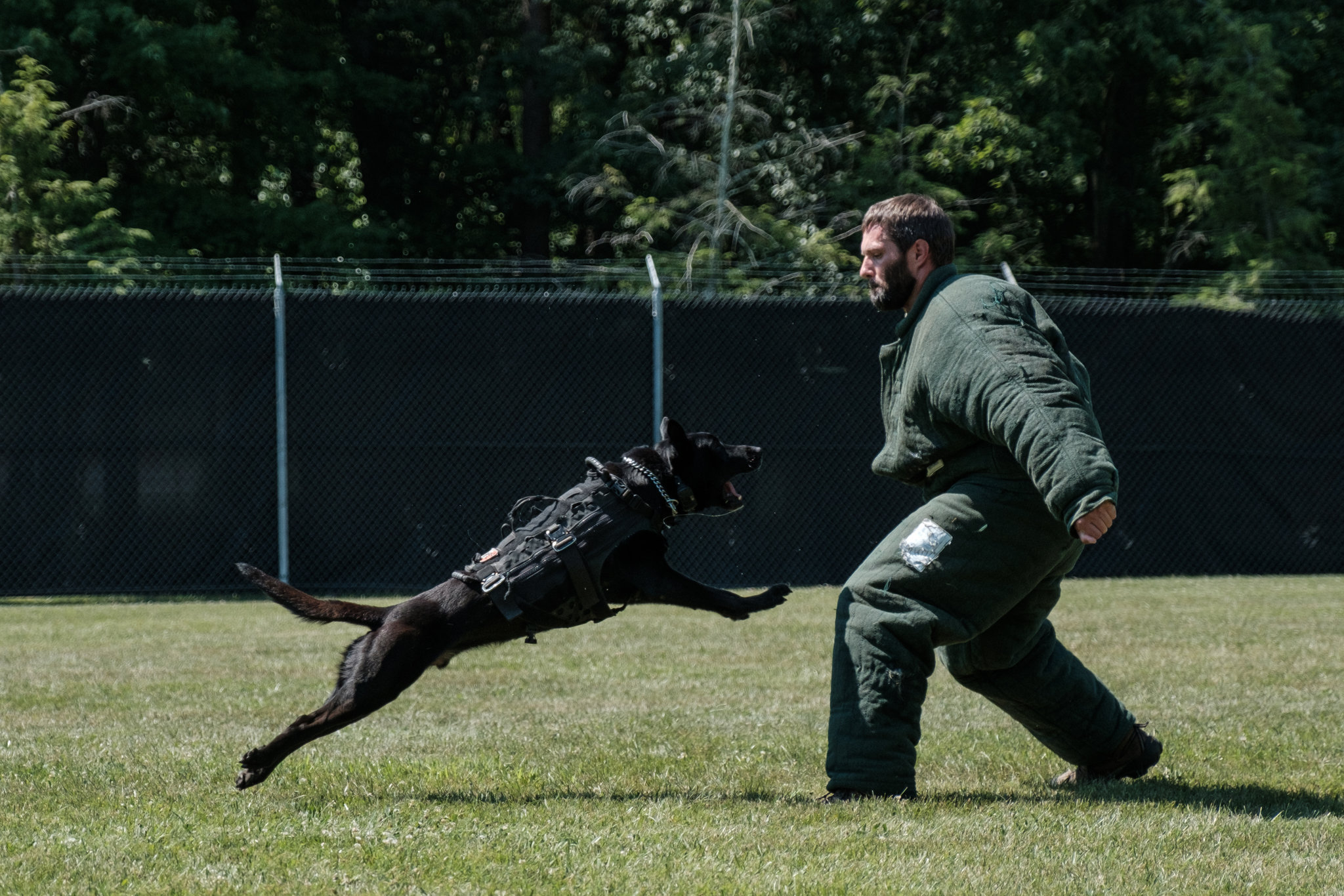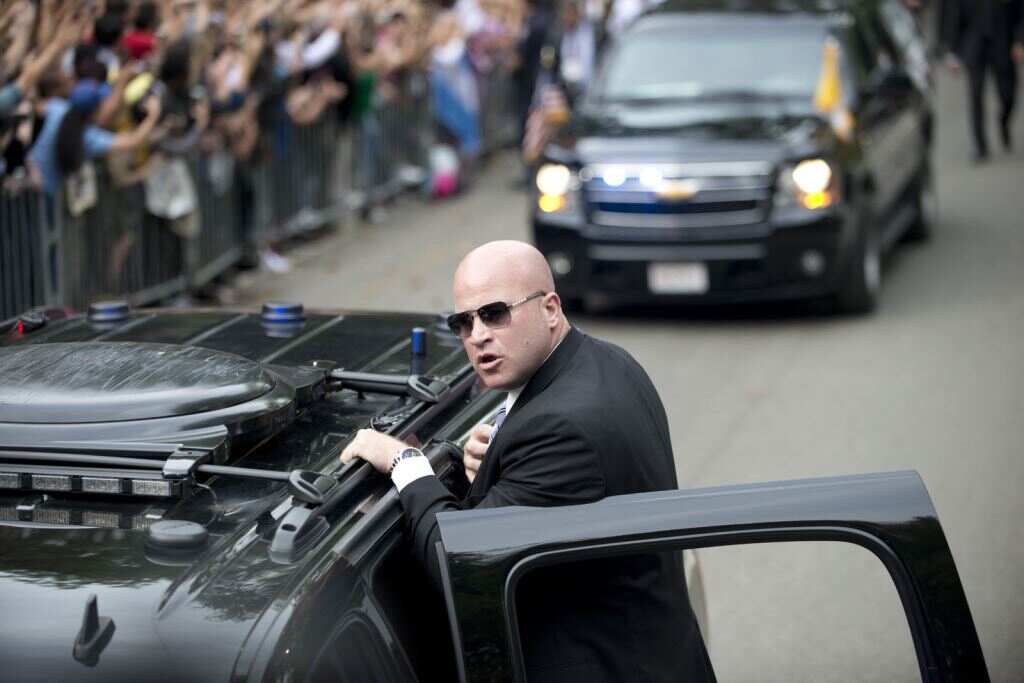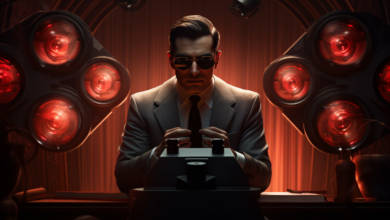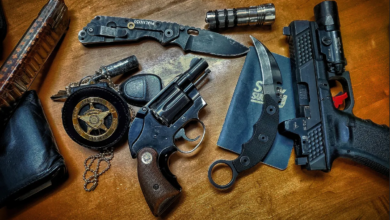Becoming a Spy: Unlock the World of Secret Agent Training
Who is a Secret Agent?
Being a secret agent is often romanticized in popular culture, but in reality, it is a profession that requires a unique set of skills and abilities. Secret agents are individuals who work undercover to gather valuable intelligence, prevent criminal activities, and protect national security.
These highly trained individuals are the backbone of government agencies that deal with espionage and counterintelligence.
Key Takeaways:
- Secret agents are individuals who work undercover to gather intelligence and protect national security.
- They are highly trained and skilled individuals who work for government agencies.
- The role of a secret agent is demanding and requires a range of abilities and qualifications.
What Does Secret Agent Training Entail?
Secret agent training involves a rigorous program designed to develop the necessary skills and knowledge required for the job. The training can vary depending on the specific agency and role, but there are some common elements that are essential for all secret agents.
A formal definition of Secret Agent Training:
Secret agent training is a structured program that equips individuals with the skills, knowledge, and mindset required to carry out covert operations, gather intelligence, and protect national security.
Different types of secret agents:
There are various types of secret agents, each specializing in different areas such as intelligence gathering, counterintelligence, espionage, or sabotage. Some notable types include intelligence officers, field agents, undercover operatives, and counterterrorism specialists.
What government agencies want:
Government agencies look for individuals with diverse skill sets, including physical fitness, intelligence, critical thinking, problem-solving, adaptability, and exceptional communication skills. They seek candidates who can handle high-pressure situations, think on their feet, and maintain utmost secrecy.
The simplest definition of Secret Agent Training:
At its core, secret agent training focuses on developing a set of skills that allow individuals to effectively gather intelligence, maintain cover, operate covertly, and carry out missions with precision.
Advantages and Necessity of Secret Agent Training
There are several advantages and reasons why secret agent training is essential in this line of work.
Firstly, the training provides individuals with the necessary skills and knowledge to effectively carry out covert operations. It equips them with techniques for gathering intelligence, conducting surveillance, and infiltrating enemy operations.
Secondly, secret agent training instills a sense of discipline and professionalism. Agents are taught to operate within legal frameworks, adhere to ethics, and maintain the utmost secrecy. This ensures that their actions are in line with their mission and do not pose any risks to national security.
Additionally, secret agent training provides agents with the ability to adapt to changing situations and think critically under pressure. This is crucial when dealing with unpredictable and high-stakes scenarios where split-second decisions can make all the difference.
Different Forms of Secret Agent Training
Secret agent training takes on various forms and encompasses both practical and theoretical aspects. It is a comprehensive program that covers a wide range of skills and knowledge to prepare individuals for the challenges they may encounter in the field.
The training program commonly includes physical fitness training, intelligence and information gathering classes, the art of disguise, mastery of secret agent-specific equipment, self-defense techniques, negotiation and persuasion skills, weapons training, survival skills, coding and encryption, familiarization with domestic and international law, and studies in geography, culture, and language.
How Does Secret Agent Training Work?
Secret agent training is a multi-stage process that involves both practical and theoretical training. It is designed to develop a range of skills and ensure that agents are fully equipped to handle the challenges they may face in the field.
The training typically begins with a rigorous selection process, where candidates are tested for physical fitness, intelligence, problem-solving, and critical thinking abilities. Once selected, the candidates undergo an intensive training program that covers a wide range of skills, knowledge, and techniques.
Throughout the training, agents are assessed on their performance and are provided with feedback to improve their skills. The training program is designed to be challenging and demanding, pushing agents to their limits and preparing them for the realities of the job.
Requirements and Criteria for Secret Agent Training
The requirements and criteria for secret agent training can vary depending on the specific agency and role. However, there are some common qualifications and skills that most agencies look for in potential candidates.
Some of the key requirements include:
- A minimum age requirement is usually between 21 to 35 years old.
- High school diploma or equivalent education.
- Physical fitness and endurance.
- Strong moral character and integrity.
- Excellent communication and interpersonal skills.
- Fluency in multiple languages is often an advantage.
- Strong problem-solving and critical-thinking abilities.
- Adaptability and quick decision-making skills.
- Ability to work effectively under pressure.
How to Undergo Secret Agent Training: Practical Training
Practical training is a critical component of secret agent training. It focuses on developing the physical and tactical abilities necessary for agents to operate effectively in the field.
1. Begin with physical fitness training
Physical fitness is a fundamental aspect of secret agent training. Agents must be in top physical condition to carry out physically demanding tasks and handle the pressures of the job.
Workout regimen for Secret Agent Training:
- Aerobic exercises to improve cardiovascular endurance.
- Strength training to build muscle and increase power.
- Flexibility exercises to improve mobility and prevent injuries.
- High-intensity interval training (HIIT) to simulate real-life scenarios and improve overall fitness.
2. Take up intelligence and information-gathering classes
Intelligence gathering is a core skill for secret agents. It involves collecting, analyzing, and interpreting information to gather valuable insights and intelligence.
Agents undergo classes on various aspects of intelligence gathering, including surveillance techniques, source development, data analysis, and counterintelligence strategies. They are trained in using advanced tools and technologies to gather and analyze information effectively.
3. Understand the art of disguise
Disguise is a crucial skill for secret agents as it allows them to blend in seamlessly in any environment. Agents learn techniques for changing their appearance, altering their behavior, and adopting new identities.
They are trained in makeup, prosthetics, wardrobe selection, speech patterns, and mannerisms to create convincing and authentic disguises.
4. Master the use of secret agent-specific equipment
Secret agents rely on specialized equipment to carry out their missions effectively. They are trained in using a wide array of tools and gadgets, including surveillance devices, communication equipment, and covert weaponry.
To effectively use Secret Agent equipment:
- Agents must understand the capabilities and limitations of each piece of equipment.
- They must practice using the equipment in various scenarios to develop proficiency.
- Agents must maintain and care for their equipment to ensure optimal performance.
5. Learn self-defense techniques
Self-defense is an essential skill for secret agents, as they may encounter dangerous and unpredictable situations in the field. Agents are trained in a range of martial arts and self-defense techniques to protect themselves and others.
Types of martial arts to master:
- Krav Maga: A hand-to-hand combat system developed for the Israeli military.
- Brazilian Jiu-Jitsu: A martial art that focuses on grappling and ground fighting techniques.
- Muay Thai: A combat sport that utilizes strikes with various parts of the body.
6. Develop negotiation and persuasion skills
Negotiation and persuasion are crucial skills for secret agents, as they often need to gather information or influence individuals without resorting to force. Agents undergo training in negotiation techniques, psychology, and persuasive communication to effectively achieve their objectives.
How to master negotiation and persuasion:
- Active listening: Agents learn to listen attentively and empathetically to understand others’ perspectives.
- Rapport building: Agents develop skills to establish trust and rapport with individuals they interact with.
- Effective communication: Agents learn to articulate their ideas clearly and convincingly.
7. Undergo weapons training
Weapons training is a critical aspect of secret agent training. Agents learn to handle various firearms, blades, and other weapons safely and effectively.
Key aspects of weapons handling:
- Safety protocols: Agents are trained to prioritize safety and adhere to strict protocols when handling weapons.
- Marksmanship: Agents undergo extensive training in shooting techniques and accuracy.
- Tactical considerations: Agents learn how to make strategic decisions about weapon usage in various scenarios.
8. Survival skills and evasion training
Survival skills and evasion training prepare agents to handle extreme and hostile environments. Agents acquire skills such as shelter building, navigating without technology, obtaining food and water in the wild, and evading capture.
How to Undergo Secret Agent Training: Theoretical Training
Theoretical training is another crucial component of secret agent training. It focuses on developing the knowledge and understanding necessary for agents to make informed decisions in the field.
9. Learn coding and encryption
In today’s digital age, agents must possess skills in coding and encryption to protect sensitive information and communicate securely. They are trained in various coding languages, cryptography methods, and secure communication protocols.
10. Familiarize with domestic and international law
Secret agents must operate within the boundaries of domestic and international law. They undergo training to understand legal frameworks, human rights, surveillance laws, and rules of engagement.
11. Geography, culture, and language studies
Agents are required to gather intelligence from different regions and interact with individuals from diverse cultures. They study geography, cultural traditions, and languages to effectively navigate and understand local contexts.
Necessary Qualifications and Skills
To undergo secret agent training and pursue a career as a secret agent, individuals must possess specific qualifications and skills. These qualifications may vary depending on the agency and role, but some common requirements include:
- Strong physical fitness and endurance.
- Excellent communication and interpersonal skills.
- High level of problem-solving and critical thinking abilities.
- Adaptability and ability to think on your feet.
- Fluency in multiple languages is often advantageous.
- Clean background with a high level of integrity and moral character.
- Ability to work effectively under pressure.
Secret Agent Training Tools and Resources
Secret agent training requires specialized tools and resources to facilitate the learning process. These tools and resources include:
- Surveillance equipment: Agents use cameras, listening devices, and other tools to gather intelligence.
- Communication devices: Secure and encrypted communication systems enable agents to maintain operational security.
- Tactical gear: Agents utilize specialized gear such as bulletproof vests, night-vision goggles, and covert clothing.
- Training facilities: Dedicated training centers provide realistic scenarios and simulated environments for practical training.
- Education and learning materials: Agents have access to a range of educational resources, including books, manuals, and online courses.
Secret Agent Training Strategies and Best Practices
To succeed in secret agent training, it is important to adopt certain strategies and best practices. These include:
- Emphasizing physical fitness and maintaining a healthy lifestyle.
- Investing time and effort in continuous self-improvement.
- Seeking guidance from experienced professionals and mentors.
- Paying attention to detail and maintaining a high level of discipline.
- Adopting a problem-solving mindset and thinking creatively.
- Building a strong network and collaborating with other professionals in the field.
Becoming a secret agent is an aspiration for many individuals. Secret agent training is a rigorous and challenging process that equips individuals with the necessary skills and knowledge to operate effectively in the field.
From physical fitness and self-defense training to intelligence gathering and encryption techniques, secret agent training covers a wide range of skills and knowledge. It requires commitment, discipline, and a willingness to constantly learn and adapt.
While the life of a secret agent may seem glamorous from the outside, it is a profession that demands dedication, perseverance, and a sense of duty. By undergoing secret agent training, individuals can unlock the world of covert operations and make a significant impact in the realm of national security.

















